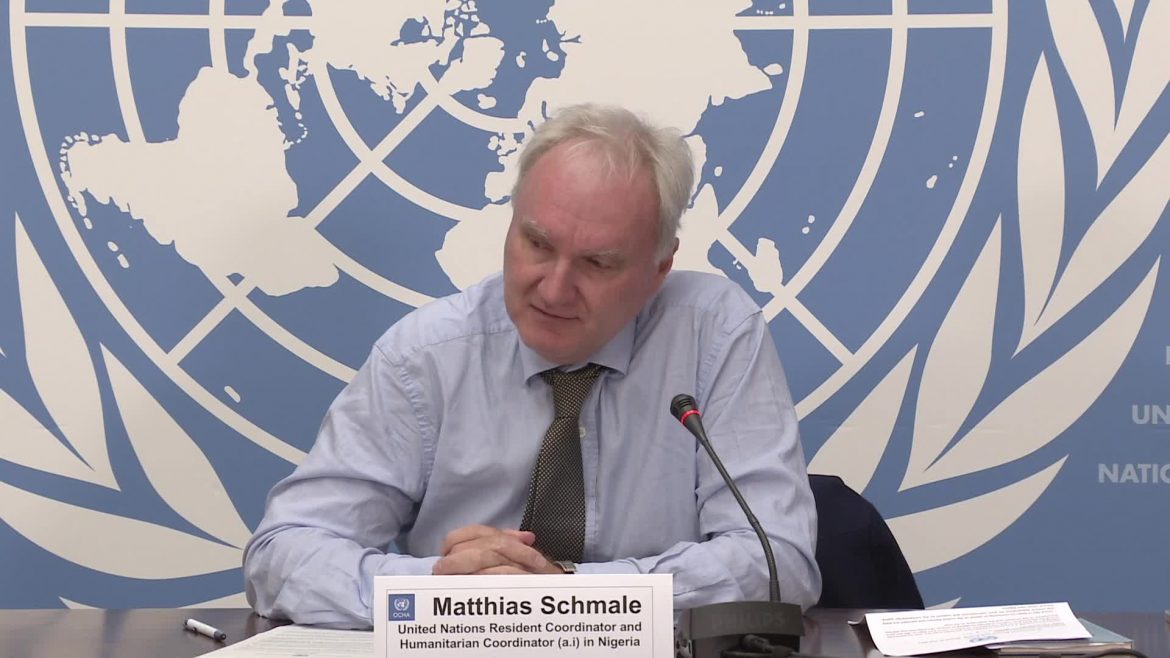In order to provide assistance to people affected and left vulnerable by floods across Nigeria, including those in north-east Nigeria who are already ravaged by conflict, the United Nations today released a total of US$10.5 million from the Nigeria Humanitarian Fund (NHF) and the Central Emergency Response Fund (CERF).
In addition to a $5.5 million CERF immediate response allocation for the states of Nigeria most hit by floods, the NHF funds will help offer 495,000 individuals in the states of Anambra, Bayelsa, Kogi, and Niger with clean water, sanitation, hygiene, emergency shelter, and health care assistance.
The money will also aid in these states’ economic rehabilitation.
The funding will support the government of Nigeria’s and the Nigerian Red Cross/Red Crescent’s ongoing response activities.
According to the latest data by national authorities, flooding since July has affected more than 4.4 million people across Nigeria.
Over 2.4 million people are displaced, about half of them in Bayelsa alone (1.2 million). More than 660 people have lost their lives.
Read also: APC National Youth Leader challenges affluent nations on climate funding
More than 19.5 million people in Nigeria were already facing severe food insecurity before the floods, according to the 2022 Cadre Harmonisé food security and nutrition assessment.
As discussions at the Climate Change Conference (COP 27) in Egypt draw to a close, the flooding in Nigeria is yet another reminder that climate change has a devastating impact on already poor and vulnerable people and will continue to determine their ability to survive unless urgent action is taken.
The CERF rapid response allocation for the Flood Response outside the BAY states is the second rapid response allocation this year. In May and September, CERF released $10 million and $15 million, respectively, to support the food insecurity and nutrition response in north-east Nigeria.
Also, in September, the NHF provided two allocations of $2.5 million and $1 million to enable humanitarian partners to provide urgent nutrition support in the north-east in line with the interagency $ 351 million multisector plan to address the desperate food and nutrition situation.
CERF is one of the fastest and most efficient mechanisms for providing emergency funding for people in need, through rapid allocations to new and deteriorating crises or where there’s a shortage of funds.
Under the leadership of the Humanitarian Coordinator in Nigeria, the NHF enables the timely allocation and disbursement of donor resources to address the most critical humanitarian needs defined in the Nigeria Humanitarian Response Plan.
The NHF strategically complements CERF, with both intended to have a multiplier effect in terms of drawing in additional funding to respond to humanitarian crises.
Story was adapted from reliefweb.
